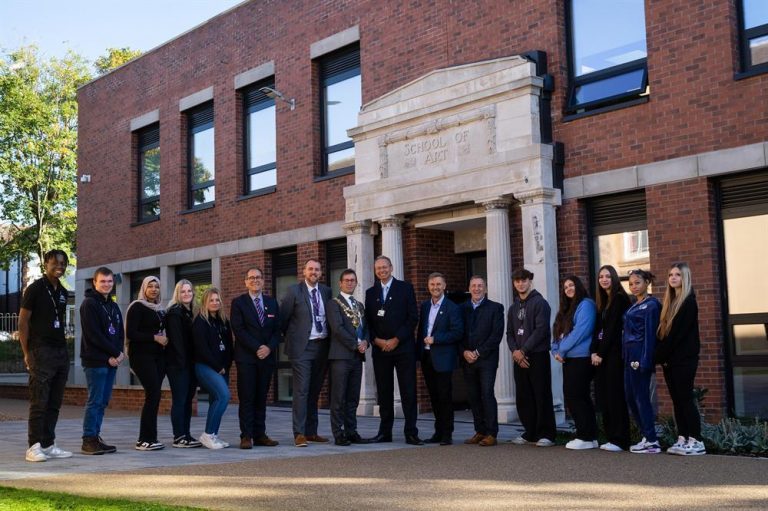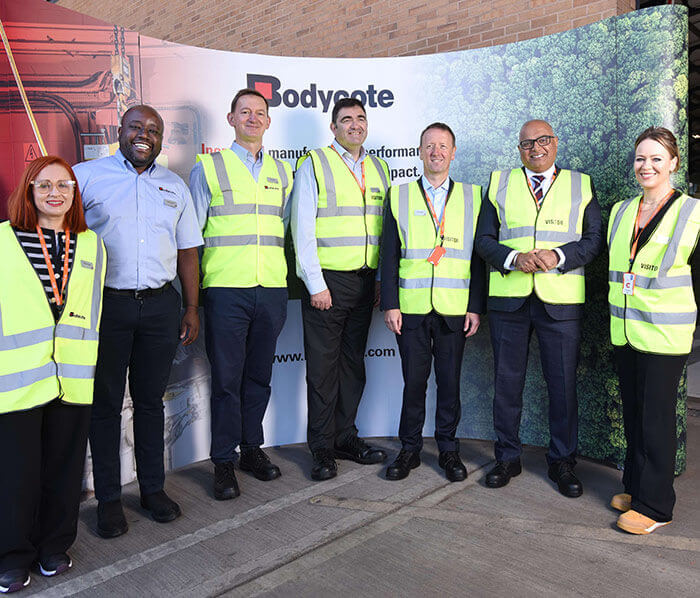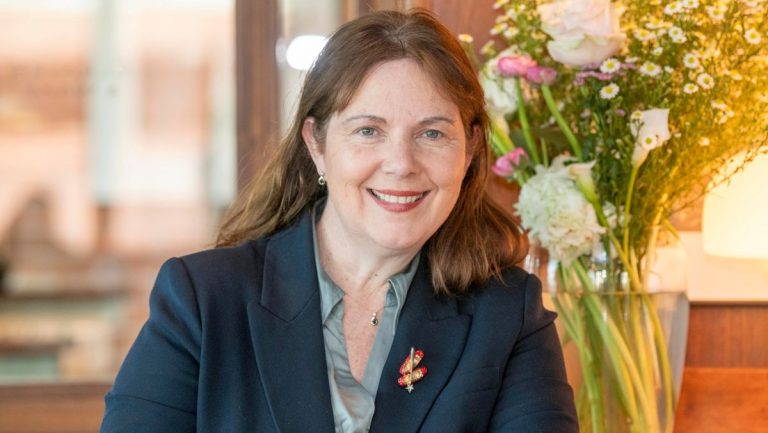Hilton Food Group, the international multi-protein food business, has sold Fairfax Meadow Europe Limited to food distributor Sysco GB Ltd.
The deal will result in Hilton Foods receiving gross cash proceeds of £54m. The transaction includes a three-year supply agreement with Hilton Food Solutions, ensuring continuity of supply of the meat products that it provides to Fairfax Meadow.
Fairfax Meadow is a major catering butcher employing 360 people
with operations in Derby, Eastleigh, and Enfield. It will add additional meat manufacturing capability to Sysco GB and build on the recent acquisition of Campbell’s Prime Meat, which operates across Scotland and the north of England.
Fairfax Meadow will continue to operate as a separate business, but will now have the added benefit of specialist foodservice support with Sysco’s operating companies offering new routes to market, while they will benefit from Fairfax Meadow’s expertise in meat processing.
Steve Murrells, CEO of Hilton Foods, said: “Fairfax Meadow is a high-quality business, and we have supported its growth and development since 2021. I want to thank all our colleagues at Fairfax for their hard work and commitment and wish the entire team every success for the future as the business continues to grow under new ownership.
“At Hilton Foods, our objective is clear, to build on the strengths that have long defined our business. By refining our portfolio and focusing resources where our global expertise and strong customer partnerships create the greatest opportunities, we are reinforcing the platform for sustained growth and delivering attractive long-term returns.”
Paul Nieduszynski, CEO of Sysco GB, said: “We are delighted that Fairfax Meadow will be joining the Sysco family. We have a strategic focus on providing the best centre of plate offer in foodservice, and the acquisition of Fairfax Meadow is a crucial next step in our plan to build leadership in the critical meat category.
“Fairfax Meadow is a great business with skilled and experienced colleagues and a superb reputation for producing quality meat, combined with great levels of service.
“We believe this is a complementary fit for Sysco GB, strengthening our fresh meat proposition across the country and bringing even greater value to our customers.”
Penny Tomlinson, managing director at Fairfax Meadow, said: “This acquisition acknowledges and further strengthens our position as one of the market leading meat suppliers to the foodservice industry.
“Sysco GB is a business with a deep-rooted understanding and unparalleled reach within the fast-moving foodservice sector. We are proud to bring our extensive meat industry knowledge and team expertise to complement Sysco GB’s existing strengths.
“I look forward to continuing to lead the business with my experienced and loyal team, ensuring a seamless transition for all customers and stakeholders.”






















